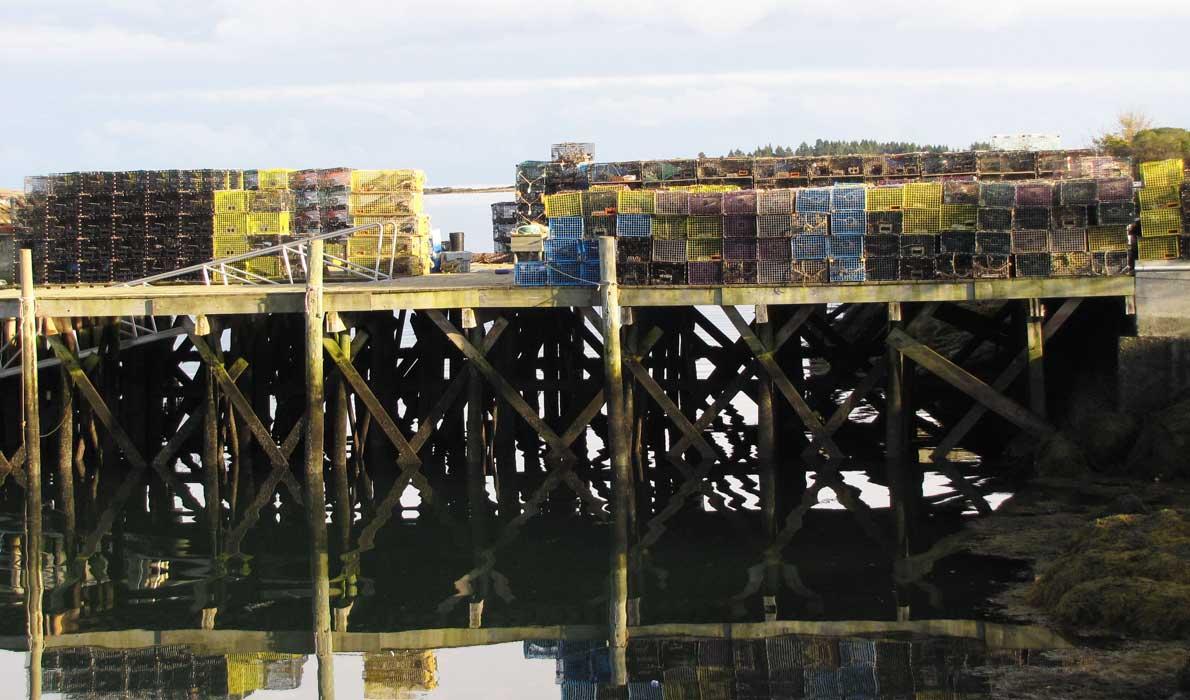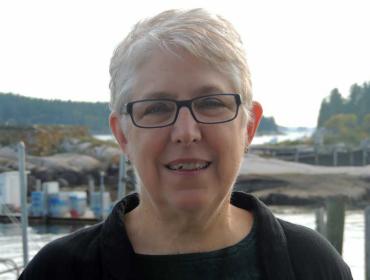Posted May 14, 2015
Last modified May 14, 2015
Ian Watkins is an Island Fellow, a participant in a two-year service program operated by AmeriCorps and the Island Institute, doing community development work on islands and remote coastal communities. Watkins works on Deer Isle and the Downeast coast with high school students.
Close to two years ago when I first moved to Deer Isle-Stonington, I was immediately impressed with the level of volunteerism. My first few weeks on the island involved being introduced to many new faces and names that I could have easily forgotten if it wasn't for the fact that I was running into them in multiple places doing multiple things.
Being invited to a number of meetings when I first arrived, there was always at least one familiar face that I had just seen at another meeting. Looking from the outside in, I was left with the impression that if something needed to be done, people in the community step up and do it. This sense of initiative was shown on full display a few weeks ago when I was tasked with tracking down donated seafood for a chowder supper at the high school.
Initially, I found a parent who was more than willing to "get me anything I needed." Very glad for the help, I had the parent committed to 20 pounds of assorted seafood. As it turned out, 20 pounds wasn't near enough. I was given a recipe that included a typo, calling for 20 pounds instead of the correct 40 pounds. So, calculating in prep and cook time, I found myself with less than 12 hours to find 20 pounds of donated seafood.
With spring still settling in, and island businesses not yet in full swing for the coming summer, I was certain this would be easier said than done.
I jumped in my car and left the school, planning to drop in on as many seafood dealers on the island as I could. Armed with a quick sales pitch for the high school's supper, I lit off down the island. Without sounding too desperate, I visited five businesses asking for whatever they might be willing to donate and all save for one were willing and able to help out.
While no arm-twisting on my part was required, there was a serious and deliberate consideration of the offer from all I visited. Rather than simply saying, "Yes, of course!" people took a few seconds to think about it before matter-of-factly saying, "Sure, no problem. Glad to help."
After showing my appreciation, I realized that for them being "glad to help" was the norm.
Thanks to their help, I found myself with an assortment of lobster, fish and scallops.
The following morning I arrived at school early, ready to begin prepping for the meal. I was greeted by one of the students from the class who had volunteered to cook the meal. Despite the altered bell schedule for the day, this student had come into school when she didn't need to just to help out. Not only that, but she greeted me with even more seafood for the meal.
We spent the morning cooking and picking lobster and prepping other ingredients before her third period class took over the rest of the process. The class did a great job wrapping up the supper and because so many were "glad to help," it turned out to be a huge hit.




